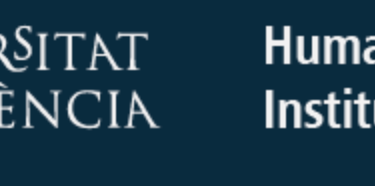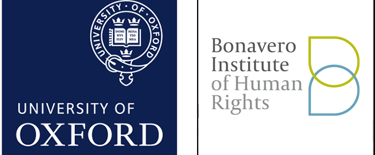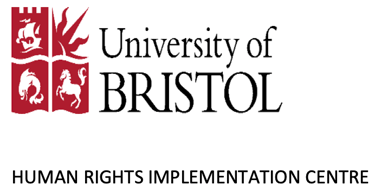Hate speech continues to pose a significant challenge to societies worldwide, perpetuating discrimination, intolerance, and violence—particularly against vulnerable and marginalized groups. The advent of digital technologies has amplified the scale, speed, and impact of hate speech, making its regulation and mitigation more urgent and complex than ever.
This international conference seeks to explore the multifaceted nature of online hate speech and hate crime, with a focus on understanding their root causes, socio-political drivers, and real-world impacts. It aims to critically examine the digital environments—such as social media platforms, online forums, and algorithm-driven ecosystems—that enable the rapid spread and normalization of hate speech. A central emphasis will be placed on the role of populist leaders and actors in amplifying divisive rhetoric and fostering an “us vs. them” dynamic. Through inflammatory narratives, scapegoating, and the strategic use of digital echo chambers, populist figures contribute to societal polarization and potentially incite violence against targeted groups. The conference will therefore not only address how online hate evolves into hate crime, but also how political discourse and leadership contribute to this escalation. In addition, it will assess the legal, policy, and institutional frameworks that govern hate speech—both at the national and European Union levels. The aim is to explore what regulatory or preventive mechanisms might be both effective and democratically legitimate in addressing the spread of digital hate.
The conference has three main thematic pillars:
The Nexus Between Digital Hate Speech and Hate Crime
The first objective is to examine how digital hate speech may act as a precursor or contributor to hate crime. Research in social sciences and criminology has shown that hate speech can reinforce social, cultural, and psychological mechanisms such as stereotyping, prejudice, and dehumanization—mechanisms that make discrimination and violence more socially acceptable. In the digital age, online hate speech can similarly embolden extremist ideologies and normalize hostility. This pillar invites analysis on questions such as:
How does hate speech migrate from digital spaces into real-world actions and violence?
How do digital communities evolve into radicalized hate groups?
What mechanisms drive the normalization of hate discourse in the public sphere?
The Role of Populist Leaders in Amplifying Hate
The second objective investigates the role of populist leaders and political actors in fueling hate speech and enabling hate crime. Through polarizing narratives, scapegoating, and "us vs. them" rhetoric, populist figures can exacerbate societal divisions and incite hostility against perceived "outsiders"—often immigrants, minorities, or political opponents. This dynamic is further intensified within digital echo chambers, where misinformation and conspiracy theories are circulated without challenge. These mechanisms not only reinforce hateful ideologies but also mobilize followers toward verbal and physical aggression. Key questions include:
How do populist communication strategies legitimize hate speech?
What is the impact of political rhetoric on societal cohesion?
How do online platforms enable or restrain the spread of populist hate narratives?
Legal and Policy Frameworks: National and EU Perspectives
A third, equally critical objective is to analyze the regulatory frameworks governing hate speech and hate crime, especially from national and European Union (EU) legal perspectives. The regulation of online hate speech poses significant challenges due to the tension between freedom of expression and the need to protect individuals and groups from harm.
This theme will explore:
Comparative analyses of national hate speech laws across EU member states
The role of the European Court of Human Rights (ECHR) and EU directives, such as the Framework Decision on Racism and Xenophobia
Legal definitions, thresholds for criminalization, and enforcement mechanisms
Venue
The conference will be held at Ghent University, Belgium.
Academic editorial board
Prof. Dr. Clara Burbano-Herrera
Professor of International Human Rights Law, Principal Investigator of the ERC-founded IMPACTUM project, Faculty of Law and Criminology, Ghent University (Belgium).
Prof. Dr. Vedat Demir
Professor of Media and Communication Studies, Institut for Media and Communication Studies, Free University Berlin,
Prof. Dr. Yves Haeck
Professor of International Human Rights Law, Director of the Programme for Studies on Human Rights in Context, Faculty of Law and Criminology, Ghent University (Belgium).
Dr. Eliza Bechtold
Programmes Manager and Research Fellow at the Bonavero Institute of Human Rights, University of Oxford, specializing in freedom of expression and the regulation of extreme speech in the digital age (United Kingdom).
Zoë Grossi
PhD Researcher and Teaching Assistant in International Law, Leuven Centre for Global Governance Studies, University of Leuven (Belgium).
Echoes of Hate:
Digital Communication, Populism, and the Regulation of Hate Speech
15 December 2025
Ghent University, Belgium












